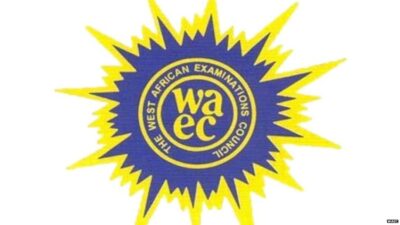Many students do not have any difficulty attempting multiple choice questions, but answering essay questions in many examinations tend to give them sleepless nights. This article is a guide for students to understand how to answer essay questions and the required standards expected in answering essay questions. I will highlight some reasons why students fail or get poor grades in essay questions, and then, I will provide possible solutions.
Interpretation of questions
The first step to correctly answering a question is to understand what is required of you. If you do not read and understand the question, then, your answers will be off the point. And examiners do not award marks for such answers. For example, if you are told to discuss the use of metaphor in a given poem, but end up merely defining metaphor and giving some examples of it, you have not answered the question. So, always read and understand the rubrics before answering any question.
Ability to give detailed answers
Apart from a misunderstanding of the questions asked, many students do not provide detailed answers to questions. The major evidence that you have read and understood the recommended textbook is your ability to give detailed answers to the question asked. Providing a five-line answer to an essay question will not give you the required credit grade. As a guide to providing detailed answers, begin by building a robust outline for each question before attempting to write. Do not fail to rely on your outline and provide as much information as possible by giving examples and illustrations.
Also Read: WAYS TO PREPARE FOR AN EXAMINATION
Knowledge of textbooks
The reason why most students fail to provide detailed answers to examination questions is that they haven’t read the recommended textbook(s). Nowadays, many students depend only on “key points” and their teachers’ summary notes. Such materials will not make your answers unique because they will be adjudged scanty. Buy and read the recommended textbooks so as to be armed with sufficient examples/illustrations to support your answers.
Avoid writing irrelevant answers
Avoid including irrelevant details in your answers. When students lack sufficient information or illustration to boost their answers, they tend to infuse irrelevant ideas in their answers. Over bloating your answers with information that is not in line with the question asked will not lead to the award of marks.
Presentation of answers in standard written English expressions
You must pay attention to your mode of expression. Your examiner will grade you properly when he comprehends what you have written. In spite of the subject in question, your answers must be written in good English, as some examiners have zero tolerance for grammatical and spelling errors. This should especially be considered when writing an English Language examination. Your sentence constructions must be up to standard. Work on your English grammar and vocabulary so that you can present your answers in very clear terms.
Legible handwriting
If an examiner finds it difficult to read your answers, then it is likely that you may be under-marked. Make your handwriting legible enough for anyone to read. Do not assume that everyone can read your handwriting. Your examination is for a day or so. But you have many months/years to work on your handwriting. A safe way of correcting this is to show someone your handwriting and ask them to tell you how legible it is. If it falls short of the standard, begin to work on it.
Proofreading and editing
No one is above mistakes. Your answers may contain grammatical and spelling errors. Do not be in a haste to submit your scripts immediately after writing. Take some time to re-read, proofread and edit your work before submitting it.










